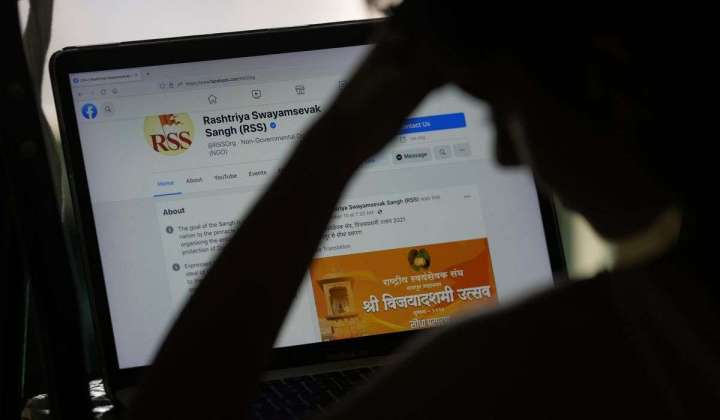Supreme Court to decide what’s a ‘true threat’ in the age of the Internet

The Supreme Court on Friday announced it would hear a challenge over what is considered a “true threat” in the age of the internet, weighing a case where a man is seeking to overturn his criminal conviction for stalking under Colorado’s state law due to his social media messages.
Billy Raymond Counterman is arguing his messages sent through Facebook to a Colorado musician are protected under the First Amendment and should not be considered a “true threat.”
His lawsuit challenges his conviction under Colorado’s stalking law, which bans someone from knowingly — and repeatedly — following or contacting another person “in a manner that would cause a reasonable person to suffer serious emotional distress.” He was sentenced to four and a half years in prison.
His attorneys said different federal circuit courts and state courts have analyzed threats differently, with some judges weighing how a reasonable person would interpret a message while other jurisdictions have weighed what the speaker’s intent was when deciding if the speech is protected.
“These state-federal conflicts are particularly problematic because they mean that speakers’ constitutional rights depend on the courthouse in which they are prosecuted,” his lawyers said in their filing.
They urged the court to review the dispute and give all courts guidance in how to interpret the First Amendment and what’s considered a true threat.
The case arose when Counterman sent messages to a Colorado musician in 2014 through social media. She did not respond to any of the messages.
Some of them read: “Five years on Facebook. Only a couple physical sightings,” “Was that you in the white Jeep?,” “You’re not being good for human relations. Die. Don’t need you.”
She later contacted the police in 2016 after telling a family member the messages frightened her. She obtained a protective order.
Counterman, though, was arrested for his messages and only then was made aware of the protective order.
It took at least four of the justices to vote in favor of reviewing his legal battle.
The state of Colorado, though, had urged the court not to hear the case, arguing in its filing that Counterman had admitted to stalking the musician.
“This is a case about stalking and the steps taken by Colorado’s General Assembly necessary to protect victims from the intrusive, threatening, and escalating course of conduct characteristic of stalking,” the state argued in its brief.
The case is Counterman v. Colorado.






